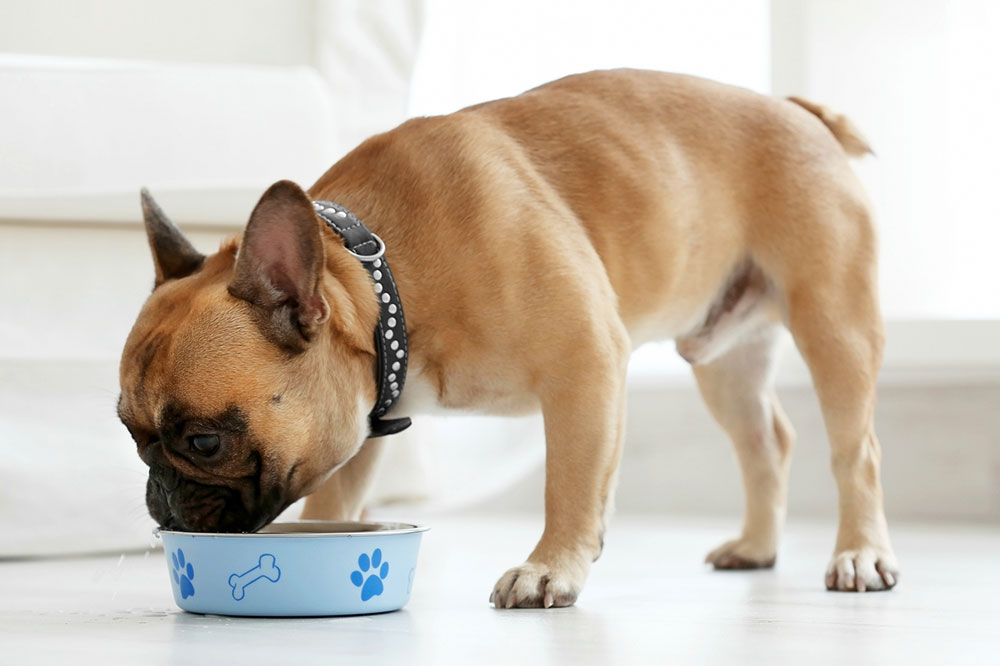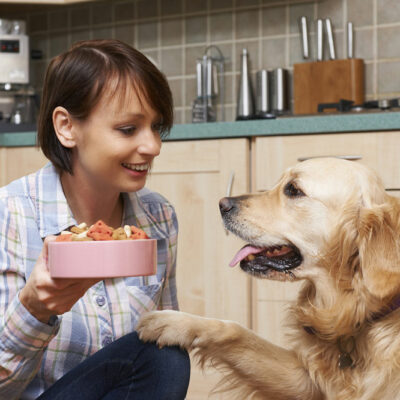
4 Tips to Help Cope with Dog Food Allergies
Food allergies also affect dogs, but they can be difficult to diagnose due to inconsistent and confusing symptoms. Most food allergies have a genetic predisposition. When a dog’s digestive system is unable to convert a food particle or protein, it causes an immune response and leads to an allergic reaction.
Healthy dogs do not experience any issues digesting protein, but if a protein reaches the small intestine without being broken down into an enzyme, it triggers an immune response, leading to symptoms of food allergy. Any kind of protein like wheat, plant, or meat can cause an allergic reaction.
What signs indicate food allergies in dogs?
Some common food allergy symptoms in dogs are excessive licking of paws, constant shaking of their heads as though trying to get rid of excess water after a bath, and excessive itching and scratching that can lead to hairless patches, ear infections, vomiting, and diarrhea.
How is a dog food allergy diagnosed?
Food allergies in dogs are diagnosed by process of elimination. The first step is to isolate the problem and confirm that the symptoms are the result of a food allergy.
The vet will most likely recommend an elimination diet to confirm a food allergy. For example, if a dog is showing allergic symptoms after consuming their regular meal of beef, the vet might recommend that they be fed chicken instead. This will give the dog’s immune response a break and help identify the trigger food.
What kind of diets can be given to dogs with food allergies?
Hypoallergenic diets are beneficial for dogs with confirmed food allergies. Since most food allergies are caused by malabsorption of protein, a vet might recommend a dog food that contains hydrolyzed proteins.
Hydrolyzed proteins are those that are already broken down while processing, so they ease the burden on the dog’s digestive tract and aid absorption.
While diagnosing a food allergy, one must refrain from feeding a canine anything other than the prescribed diet. Once the allergen is recognized, the dog can slowly be reintroduced to other foods.
What can be done to prevent common food allergies in dogs?
Since food allergies have a genetic component, it is not possible to fully prevent them. That said, a responsible pet parent can take several measures to help manage any allergies their pets have.
The first step is to feed the dog immune-boosting foods. Since 70 percent of a dog’s immunity is its gut health, you must feed them easily-digestible, gut-healthy food.
Keeping the dog away from junk food is also important, and so is keeping them away from food that causes gastroenteritis or any kind of gastric distress.
The first step to preventing common food allergies in dogs is to ensure that the protein, both home-cooked and store-bought, is properly cooked and broken down in a mixer.


